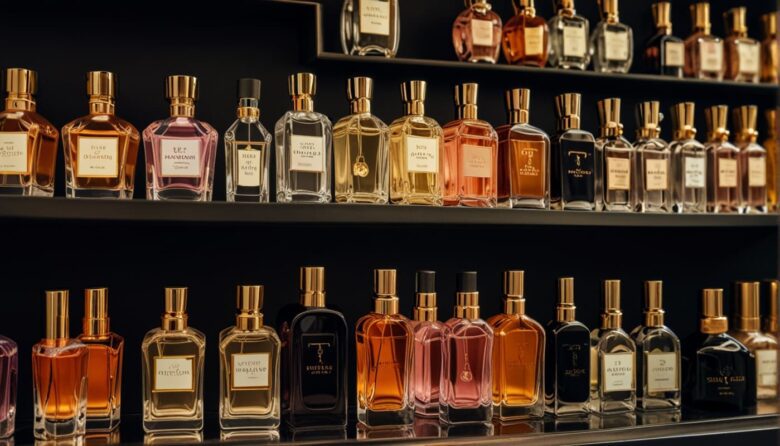The luxury perfumery market in Sri Lanka has witnessed significant growth over the past decade, driven by increasing disposable incomes, a growing middle class, and a burgeoning interest in high-end fashion and lifestyle products. This article explores the dynamics of the luxury perfume market in Sri Lanka, examining its growth, current trends, and the evolving preferences of its consumers.
Market Growth and Economic Drivers
The economic landscape of Sri Lanka has been transforming, with steady growth in GDP and a noticeable increase in consumer spending power. The expansion of the urban middle class and an increase in foreign investment have also played crucial roles in shaping consumer behavior towards luxury goods, including perfumes. The retail sector has seen a proliferation of shopping malls and luxury boutiques, many of which house international perfume brands that were once inaccessible locally.
Tourism, a significant contributor to the economy, also influences the luxury perfume market. Tourists often seek out unique luxury items, including perfumes that are either locally produced or represent premium international brands not available in their home countries. This demand has encouraged both local and international investors to expand their presence in the Sri Lankan market.
Trends Shaping the Luxury Perfumery Market
- Global Meets Local: One of the most intriguing trends is the fusion of global fragrance trends with local preferences and ingredients. Sri Lanka is renowned for its spices and aromatic oils, which are increasingly being incorporated into luxury perfumes. This not only appeals to the local market but also to international consumers looking for exotic and unique scents.
- Personalization and Exclusivity: There is a growing trend towards personalized perfumes, where consumers can have scents tailored to their preferences. Luxury consumers are increasingly seeking exclusive products that stand out, leading to a rise in boutique perfumeries that offer custom fragrance creation services.
- Sustainability and Ethical Sourcing: With global trends leaning towards sustainability, Sri Lankan consumers are also becoming more conscious of the environmental impact and ethical standards of the products they purchase, including perfumes. Luxury brands that emphasize sustainable practices and ethical sourcing of ingredients are gaining favor.
- Digital Influence and Online Retail: The digital transformation has significantly impacted the luxury perfume market. Social media platforms and online influencers are becoming key players in shaping perceptions and trends related to luxury perfumes. Moreover, the convenience of online shopping has made it easier for consumers to explore and purchase luxury perfumes from both local and international brands.
Consumer Preferences
Understanding consumer preferences is crucial for navigating the luxury perfumery market in Sri Lanka. There is a notable preference for scents that blend traditional aromatic elements like sandalwood, jasmine, and cinnamon with modern fragrance notes. This preference underscores a broader cultural appreciation for products that reflect local heritage while embodying contemporary luxury.
Gender-specific trends also play a role, with men showing a preference for bold, spicy fragrances, while women tend to favor floral and fruity notes. However, there is a growing market for unisex perfumes, reflecting global trends towards gender-neutral fashion and beauty products.
Challenges and Opportunities
Despite its growth, the luxury perfumery market in Sri Lanka faces challenges. The import-dependent nature of the market makes it vulnerable to currency fluctuations and import regulations. Additionally, the competition from counterfeit products remains a significant issue, affecting both brand reputation and consumer trust.
However, these challenges also present opportunities. There is considerable scope for the development of local luxury perfume brands that utilize native ingredients and artisanal perfume-making techniques. Such initiatives can reduce reliance on imports, cater to the demand for authentic and unique products, and boost the local economy.






Leave a Reply